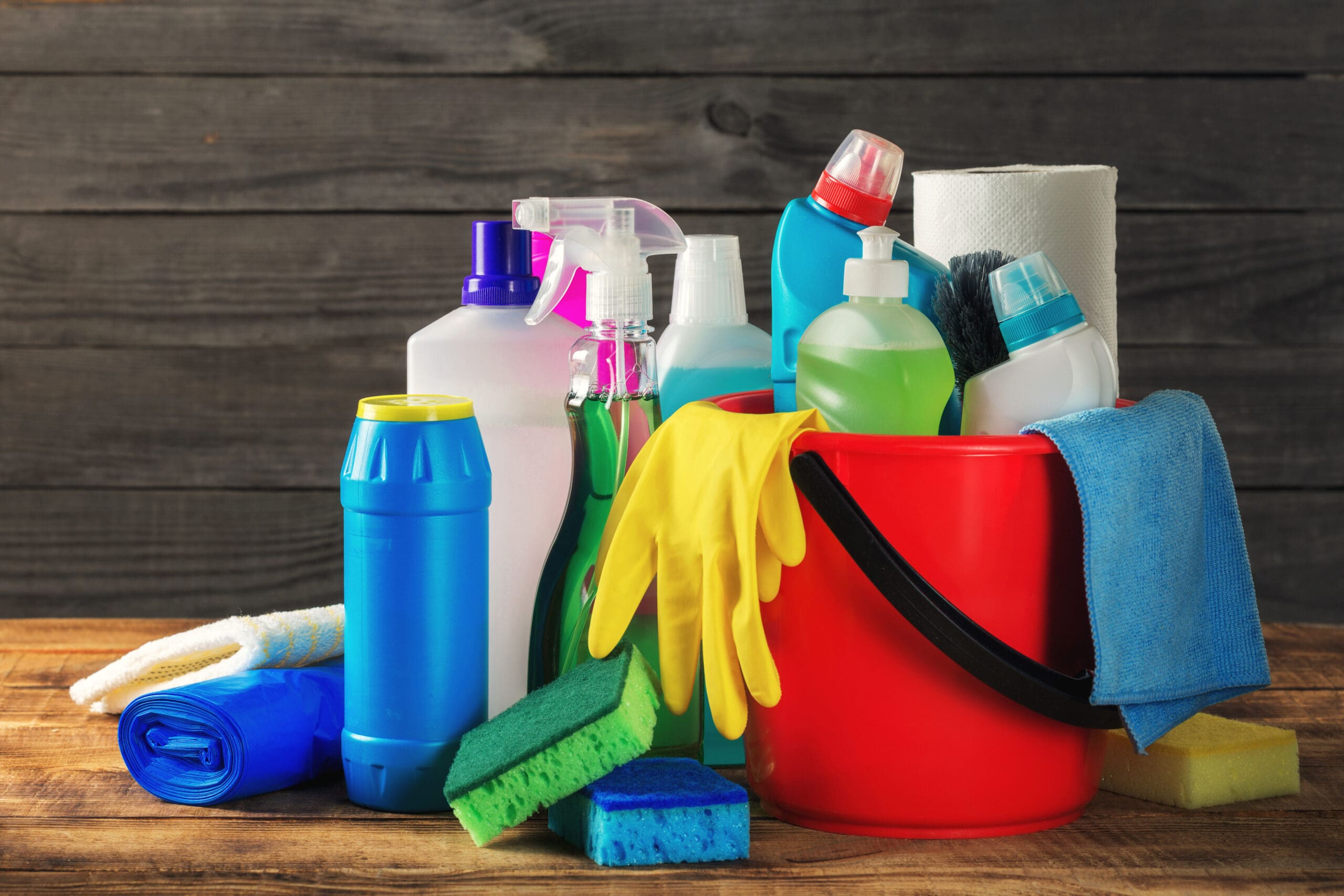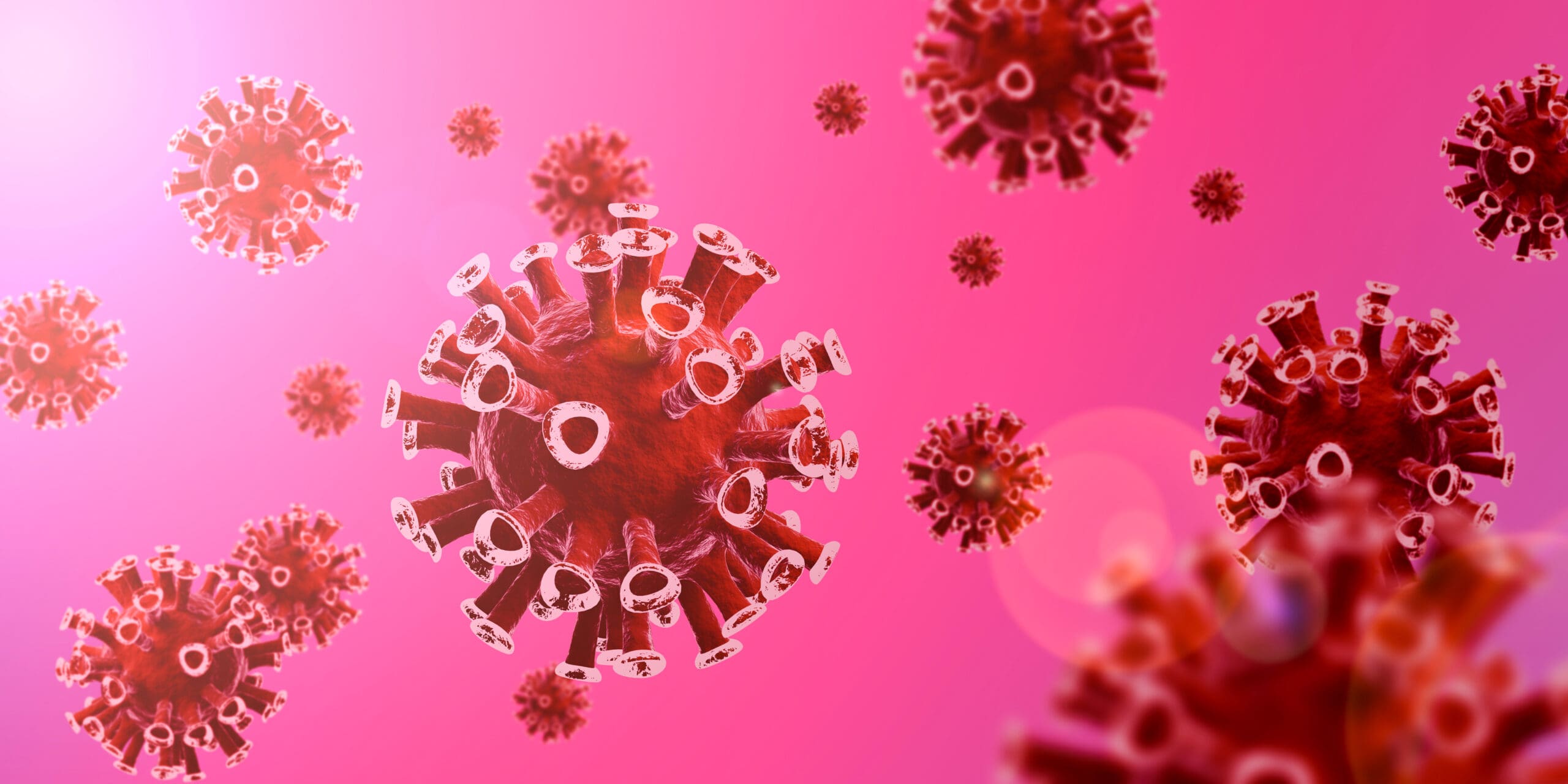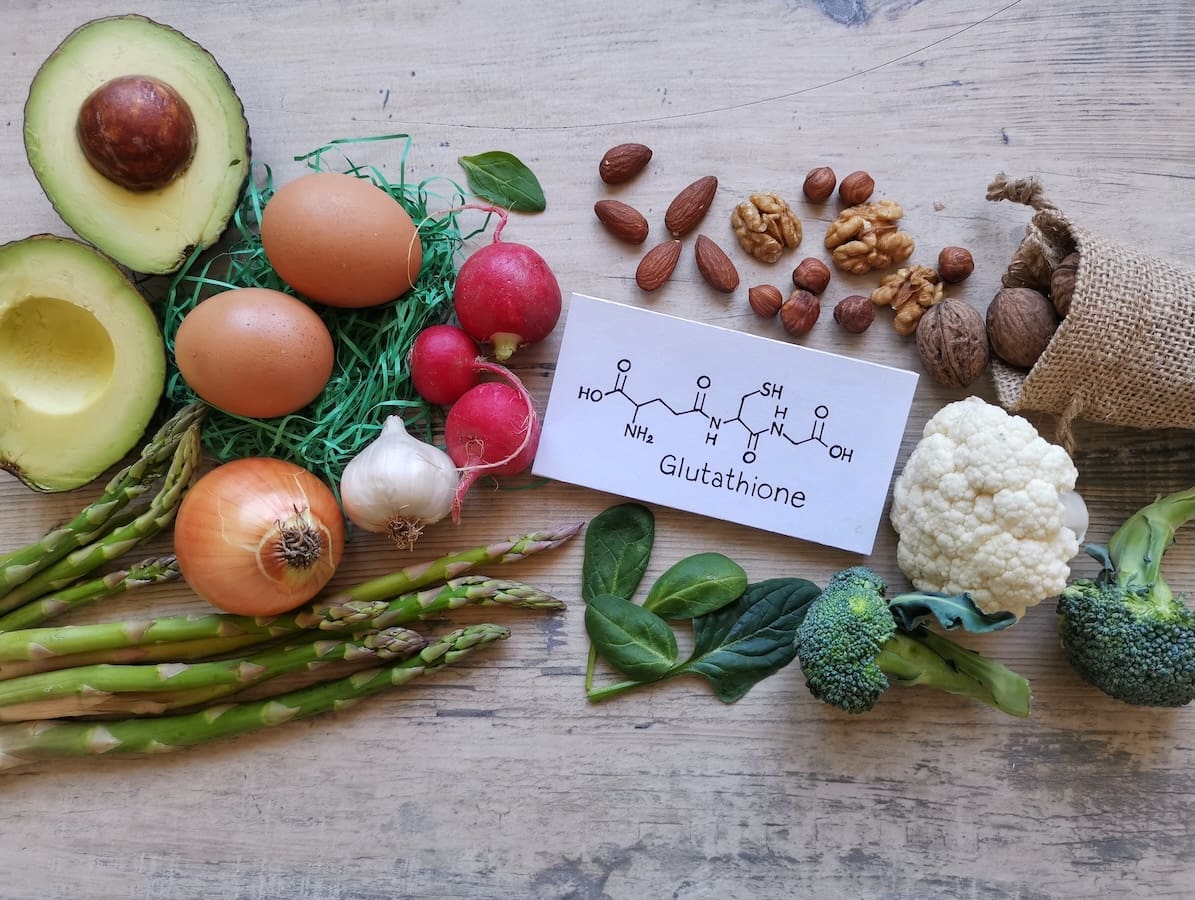Safe Household Products and Cleaning Tips for Lung Health and Mesothelioma Prevention
Article provided by The Mesothelioma Center
A vibrant and healthy existence depends on maintaining lung health. Nevertheless, we frequently use cleaning solutions that could be harmful to our lungs without even realizing it in our quest for a neat and orderly home. There’s also a little-known link between some common household chemicals and the possibility of getting mesothelioma, a malignant tumor that mostly affects the lining of the lungs. This post will discuss cleaning techniques and lung-safe substitutes for everyday household items that will support respiratory health and lower the risk of mesothelioma.
Understanding the Risks: Mesothelioma and Household Chemicals
Asbestos, a naturally occurring mineral that was formerly widely utilized in manufacturing and construction because of its insulating and heat-resistant qualities, is most usually linked to mesothelioma exposure. Microscopic fibers from asbestos-containing materials can be easily breathed into the lungs when they are disturbed or broken. Over time, this can lead to scarring and inflammation in the lungs, which is known to cause mesothelioma. Broken asbestos-containing materials can be easily breathed into the lungs, where they can induce inflammation and scarring over time, ultimately leading to mesothelioma.
Other compounds found in everyday household objects still carry the potential of lung health hazards and increased risk of mesothelioma, even though the usage of asbestos in domestic products has drastically decreased over time due to health concerns. These consist of:
Volatile Organic Compounds (VOCs): Often present in paints, air fresheners, and home cleansers, VOCs can irritate the respiratory system and cause indoor air pollution. Extended exposure to volatile organic compounds (VOCs) has been associated with respiratory issues and may raise the risk of lung cancer, including mesothelioma.
Chlorine-based Cleaners: Although good at killing germs on surfaces, chlorine-based cleaners can emit toxic fumes that aggravate pre-existing lung diseases and irritate the respiratory system. Extended exposure to chlorine has been linked to a higher chance of respiratory issues and could potentially hasten the onset of mesothelioma.
Ammonia: Frequently present in home items like glass cleaners, ammonia can irritate the lungs and airways, especially in those who have asthma or other respiratory disorders. Long-term exposure to ammonia fumes raises the risk of respiratory illnesses, such as mesothelioma, and lung damage.
Encouraging Lung-Safe Cleaning Methods
Choosing non-toxic household products and lung-safe cleaning techniques are crucial for safeguarding lung health and lowering the risk of mesothelioma. The following advice can help you clean more safely:

Carefully read the labels
Seek out cleaning supplies with the labels “natural,” “eco-friendly,” or “non-toxic.” Steer clear of goods that include ammonia, chlorine, volatile organic compounds, and other potentially dangerous substances.

Ventilate Your Home
Open doors and windows while using cleaning supplies to let fresh air in and lessen indoor air pollution. To get rid of dangerous vapors, install exhaust fans in kitchens and bathrooms.

Use Homemade Cleaners
Basic items like vinegar, baking soda, and lemon juice can be combined to create powerful cleaning solutions. These natural substitutes are better for the environment and your lungs.

Wear Protective Gear
To reduce exposure, put on gloves, a mask, and eye protection when handling cleaning solutions that could release fumes or irritate the skin, such as bleach or ammonia-based cleaners.

Clean Frequently
Keep your home clean regularly to avoid the accumulation of mold, dust, and other allergens that can aggravate respiratory conditions and raise the risk of lung disease.
Adopting lung-safe cleaning practices and choosing household products wisely can protect your respiratory health and reduce the risk of mesothelioma and other lung diseases.
Remember to read labels, ventilate your home, use homemade cleaners whenever possible, and wear protective gear when handling chemicals. Your lungs will thank you for it in the long run.









Leave A Comment